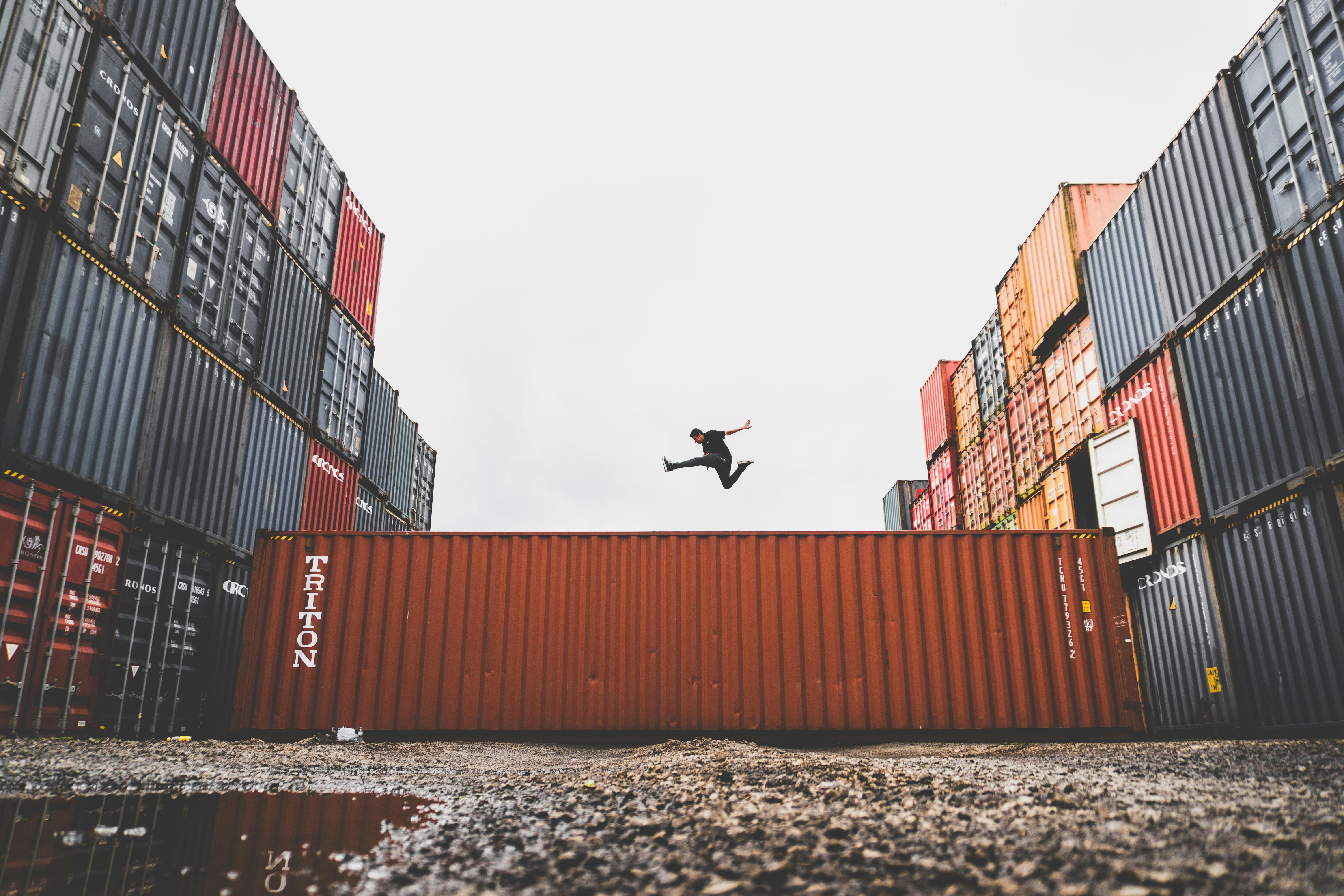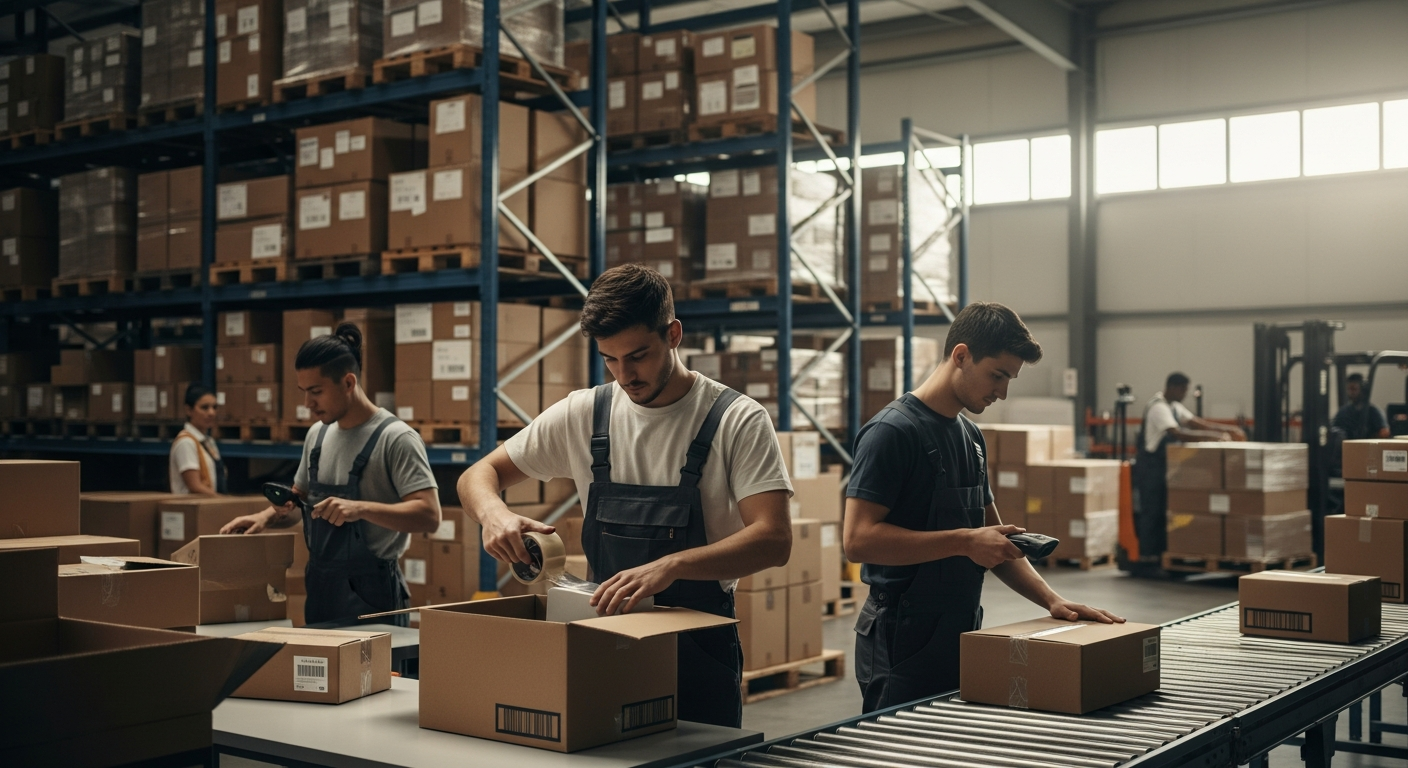Packing Work in the Netherlands: Your Role at the Heart of European Trade
The Netherlands stands as a critical hub in global logistics, with its strategic position in Europe making it a powerhouse for international trade. Packing jobs in this vibrant economy represent more than mere labor—they form a crucial link in the supply chain that connects global markets. Workers in the Dutch packing industry directly contribute to the smooth flow of goods throughout Europe and beyond, handling everything from delicate electronics to substantial industrial equipment, all while adhering to rigorous European safety and quality standards.

The Netherlands: A Gateway to European Logistics
The Netherlands has established itself as Europe’s logistics epicenter due to several key advantages. Rotterdam, home to Europe’s largest port, processes over 14 million containers annually, while Amsterdam’s Schiphol Airport serves as a major cargo hub. This infrastructure creates substantial demand for skilled packing professionals who ensure products reach their destinations safely.
The Dutch logistics sector employs over 813,000 people, representing approximately 8% of the country’s total workforce. Packing facilities are strategically positioned near major transportation nodes, creating efficient supply chain networks that extend throughout the continent. The sector benefits from the Netherlands’ exceptional connectivity—featuring dense rail networks, modern highways, and inland waterways that facilitate seamless transportation.
Many international companies establish their European distribution centers in the Netherlands precisely because of this logistical excellence, creating a consistent demand for packing professionals who understand international shipping requirements and can work effectively in multicultural environments.
Key Responsibilities and Required Skills
Packing professionals in the Netherlands typically handle a diverse range of duties that require attention to detail and efficiency. Core responsibilities include accurately preparing items for shipment, operating specialized packing equipment, maintaining inventory records, and implementing quality control measures. Many positions also involve using warehouse management systems that require basic technical proficiency.
The skill set required for success in Dutch packing facilities includes physical stamina for handling various products, spatial awareness for optimizing packaging efficiency, and basic mathematical abilities for accurate counting and measuring. While entry-level positions may not require formal education beyond secondary school, employers increasingly value vocational training in logistics or warehouse operations.
Language requirements vary by employer, but basic English proficiency is often expected alongside Dutch, particularly in international operations. The multicultural nature of many Dutch workplaces means communication skills are highly valued. Additionally, adaptability has become essential as automation and technology continue to transform packing operations across the country.
Economic Benefits and Career Stability
The packing sector in the Netherlands offers notable economic advantages, including competitive wages that typically range from €10.50 to €15 per hour for entry-level positions, with shift differentials often adding 20-30% for evening or night work. Full-time employees generally receive comprehensive benefits including health insurance contributions, paid holidays, and retirement plans in accordance with Dutch labor laws.
The stability of packing careers stems from the Netherlands’ position as a permanent fixture in European trade. Even during economic downturns, the logistics sector has demonstrated resilience due to the constant need for goods movement. According to recent industry reports, the Dutch logistics sector has maintained annual growth rates between 2-4% despite global economic fluctuations.
Career advancement opportunities exist for those who demonstrate reliability and initiative. Entry-level packers can progress to team leader positions, quality control specialists, or logistics coordinators. Some companies offer internal training programs that facilitate advancement into technical or supervisory roles. The transferable skills developed in packing work—attention to detail, time management, and process efficiency—prove valuable across numerous industries.
Work Environment and Cultural Considerations
Dutch packing facilities typically operate under strict safety and efficiency standards. Modern warehouses feature climate control, ergonomic workstations, and advanced material handling equipment. The work environment reflects Dutch workplace culture, which values directness, punctuality, and work-life balance.
Most packing operations run multiple shifts to accommodate 24-hour logistics demands, with typical shifts lasting 8 hours. Full-time employees work approximately 36-40 hours weekly, with Dutch labor laws ensuring regular breaks and limiting excessive overtime. The sector employs a diverse workforce, including both Dutch nationals and international workers, creating multicultural environments where English often serves as a common language.
For international workers, the Netherlands offers an accessible entry point into the European job market. The country’s straightforward work permit system for EU citizens and established pathways for non-EU workers make it relatively approachable compared to other European countries. Many employers provide assistance with relocation and integration, including language courses and housing support.
Industry Developments and Future Outlook
The Dutch packing industry is evolving rapidly in response to technological advancements and sustainability imperatives. Automation is transforming warehouse operations, with collaborative robots (cobots) increasingly working alongside human packers to handle repetitive tasks. While this shift raises concerns about job displacement, it simultaneously creates demand for workers with technical skills who can operate and maintain automated systems.
Sustainability has become a central focus, with the Netherlands leading European efforts to reduce packaging waste and implement circular economy principles. Packing professionals now regularly work with eco-friendly materials and must understand sustainable packaging guidelines. This environmental focus creates opportunities for workers interested in green logistics and sustainable supply chain management.
E-commerce growth continues to drive demand for specialized packing skills, particularly for direct-to-consumer shipments that require individualized attention. The Dutch e-commerce market grows approximately 15% annually, creating steady demand for packing professionals who can meet the exacting standards of online retail fulfillment.
As the Netherlands continues to strengthen its position as Europe’s logistics gateway, packing professionals will remain essential to the nation’s economic success, adapting to new technologies while maintaining the careful human oversight that quality assurance requires.




